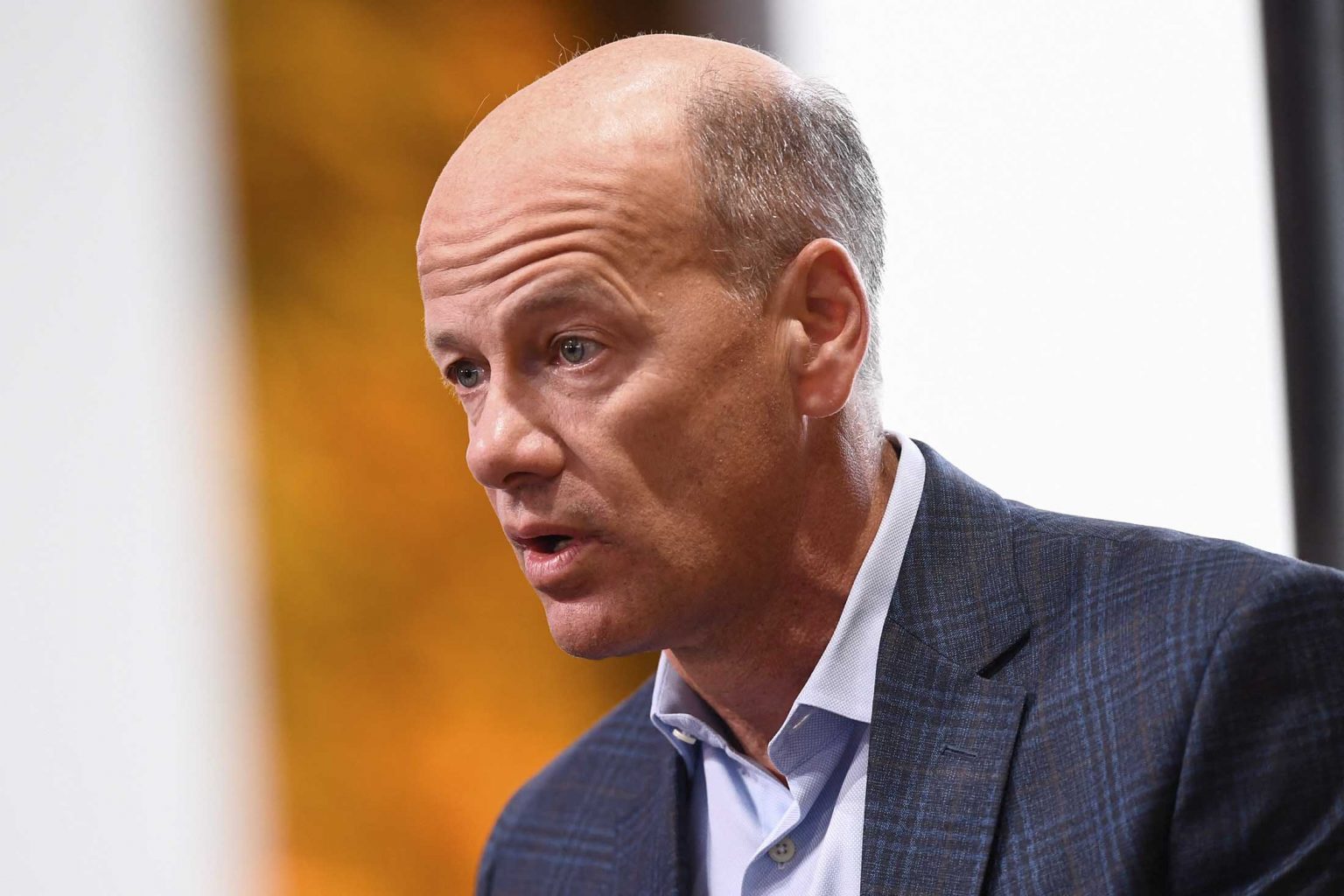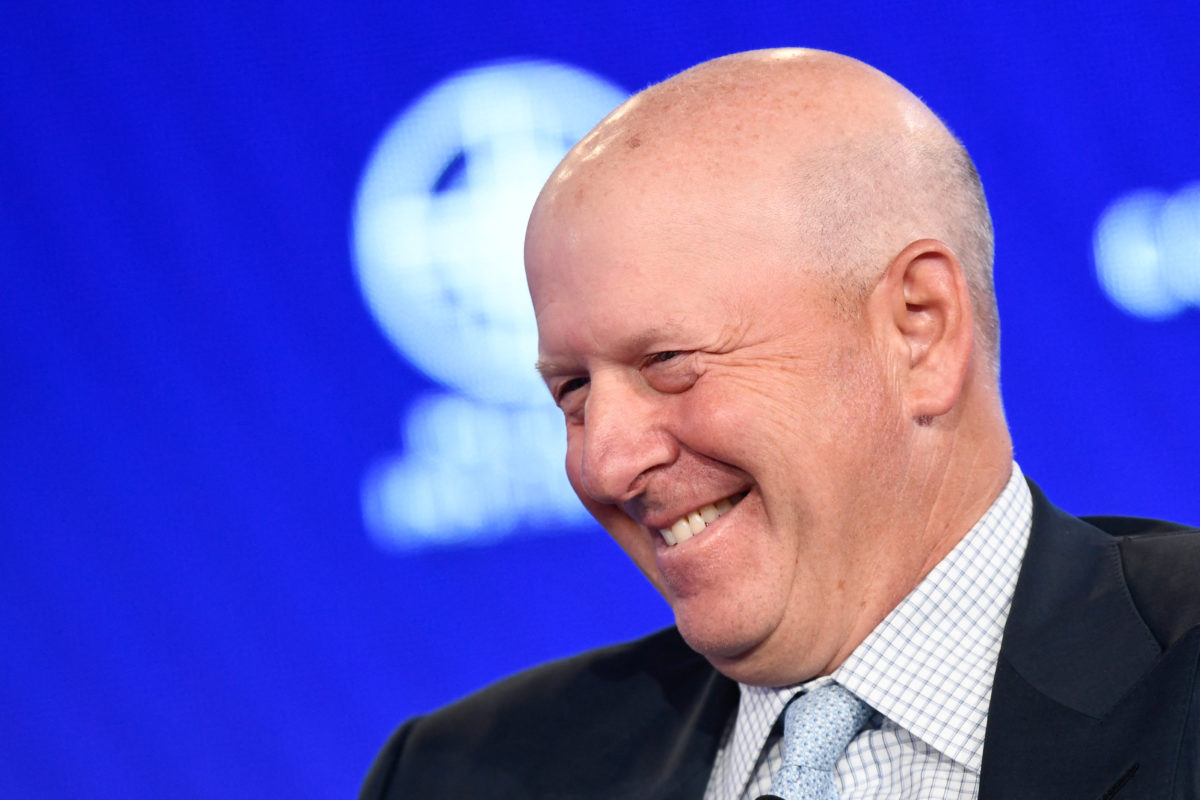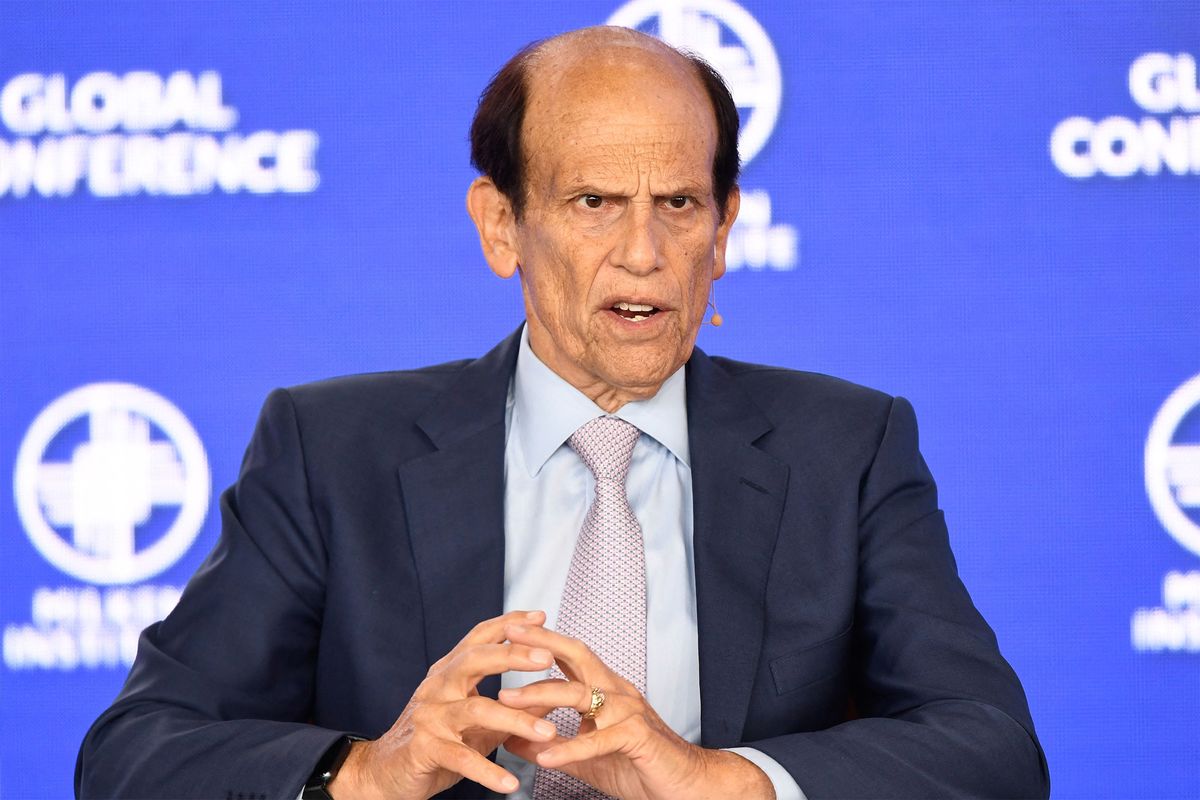Where Billionaires prepare for the storm
What you should know about the Milken Institute Global Conference
My dear Friends,
have you ever wondered where the really rich -the billionaires– go to have a good chat about their portfolios, exchange outlooks on the economy, discuss economic and political matters, put things into perspective, contemplate future developments and discuss feasible steps?
They meet at an annual conference called the Milken Institute Global Conference– this year, the Conference was from May 1st to May 4th in Beverly Hills.
You might now think, what has this got to do with me? Yet another conference where mostly white men celebrate themselves; apart from that, I am not a billionaire.
After digging a little deeper – I have to concede this conference has a lot more impact on our portfolio decisions than we think.
But why? Let´s take a closer look together!
What is the Milken Institute known for?
The institute is a non-profit, non-partisan think tank. With a focus on financial, physical, mental, and environmental health. The institute brings together the best ideas and innovative resourcing to tackle some of the world’s most critical issues”.
The Milken Institute has six offices worldwide with seven centres, ranging from regional economics and financial markets to the future of ageing. The goal is to advance prosperity around the world.
The institute connects human, financial, and educational resources to make available solutions for the most pressing global issues.
Michael Robert Milken
In 1991, Michael Robert Milken a financier and philanthropist co-founded the think tank.
Born in 1946, he was one of the creators of the high-yield bond (junk bonds) and leveraged buyout markets. In 1990, he was convicted of violating US securities law and was sentenced to 10 years in prison. His prison sentence was later reduced to two years.
Additionally, he had to pay fines totalling $600 million and was permanently barred from engaging in the securities business.
Following his release from prison, Milken joined his brother Lowell in founding the Milken Institute for Job and Capital Formation, an independent economic think tank.
“What makes Milken unique from similar conferences, is its focus on finding solutions”
Richard Sandler, Executive President, Milken Family Foundation
The Global Conference
The Milken Institute Global Conference is an annual conference that brings together brilliant minds with investors, dealmakers, power and influence.
Expertise, celebrities, money and creativity meet to rethink health, finance, technology, philanthropy, industry and media. The goal is to solve the most pressing issues in the world.
Who can participate? Members of the Milken Institute, of course. Others are generally referred by a Milken Institute member.
Participants are C-suite executives from Fortune 500 companies, global leaders, and innovators with the capital and influence to change the world, along with those whose expertise and creativity are rethinking health, finance, technology, philanthropy, industry, and media.
Dozens of panel discussions take place throughout the day, and the hallways are usually buzzing with activity throughout all of it. People came to make deals, to scout out their next philanthropic venture or simply to mingle.
Because more than 20% of conference attendees are also speakers, everyone who is speaking at the conference will learn from others.
2022 take away
The 2022 conference theme was “Celebrating the Power of Connection.” Usually, billionaires come to exchange outlooks for their portfolios and the economy. However, this year’s atmosphere had a more downbeat tone than usual.
Approximately 3500 people attended the 25th conference. Amongst the attendees were Eric Adams, Mayor New York City; Mary Barra, Chair and CEO, General Motors Company; Sylvie Briand, Director, Epidemic and Pandemic Preparedness and Prevention, World Health Organization; Mark Carney, Vice-Chair and Head of Transition Investing, Brookfield; Deepak Chopra, Founder, The Chopra Foundation; Tiffany Haddish, Actress, Comedian, Producer, Author and Founder, She Ready Foundation; Larry Hogan, Governor, State of Maryland; Gwyneth Paltrow, Founder and CEO, Goop, and Actress; Eric Schmidt, Chairman, Steel Perlot; and Rochelle Walensky, Director, Centers for Disease Control and Prevention, among others.
Take Away#1
David Salomon, CEO of Goldman Sachs, worries about what rising interest rates will do to markets and the economy.
Take Away#2
Danielle Allen, a Harvard political theorist, states that ” Facebook broke Democracy.”
Take Away#3
The big worry was debt. Corporations have more debt than they did during the financial crisis in 2008. That might cause trouble now that both interest rates and costs are rising.
Take Away#4
Kathy Jones from Charles Schwab thinks the “Fed is going too fast, and the economy is going to break”. This will have a seismic effect on other economies around the world.
Take Away#5
Current and former energy officials are worried that the world is careening into an energy crisis that will rival or exceed the oil crises of the 1970s and early 1980s. And this time, it’s not just oil. “We have a serious problem around the world that I think policymakers are just waking up to,” states Joe McMonigle, secretary-general of the International Energy Forum.
Take Away#6
James Dimon of JP Morgan says we should “prepare for an economic hurricane” he warns that a world economic crisis is looming.
Take away#7
David Hunt, chairman of PGIM, mentioned that there had been a divergence of growth trajectories for different regions. This is why the threat of recession or stagflation weighs much more heavily on Europe due to the dependence on Russia for energy needs and the lockdowns in China pressuring supply chains.
Take away#8
André Esteves, Chairman of Latin America´s largest Investment Bank, BTG Pactual, foresees huge challenges for China´s economy due to Pandemic lockdowns, a crisis in the real estate market and the high debts many companies have.
“The Middle East is booming right now, it’s going to be a little bit more nuanced than painting everything with the same brush.”
Rishi Kapoor, CEO Investcorp
Prepare for the storm
Now, what can we learn from this? It seems we need to prepare for a veritable storm but not panic. We need to stay informed to make informed decisions rather than doing nothing or panicking.
The tide is turning because the period of cheap money has ended. After years of dangerously loose monetary policy, central banks have started the withdrawal of zillions from the markets. Some of us might have to rethink how we invest without losing sight of our goals.
Let’s hope for a short and cleansing recession with plenty of light and sustainable opportunities at the end of the tunnel.








